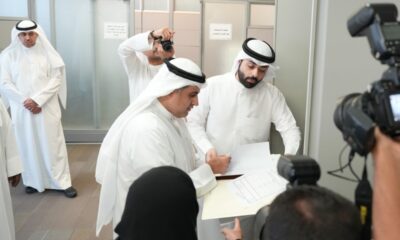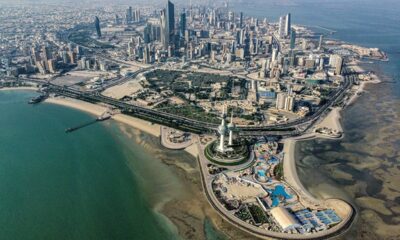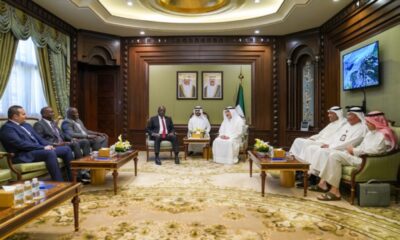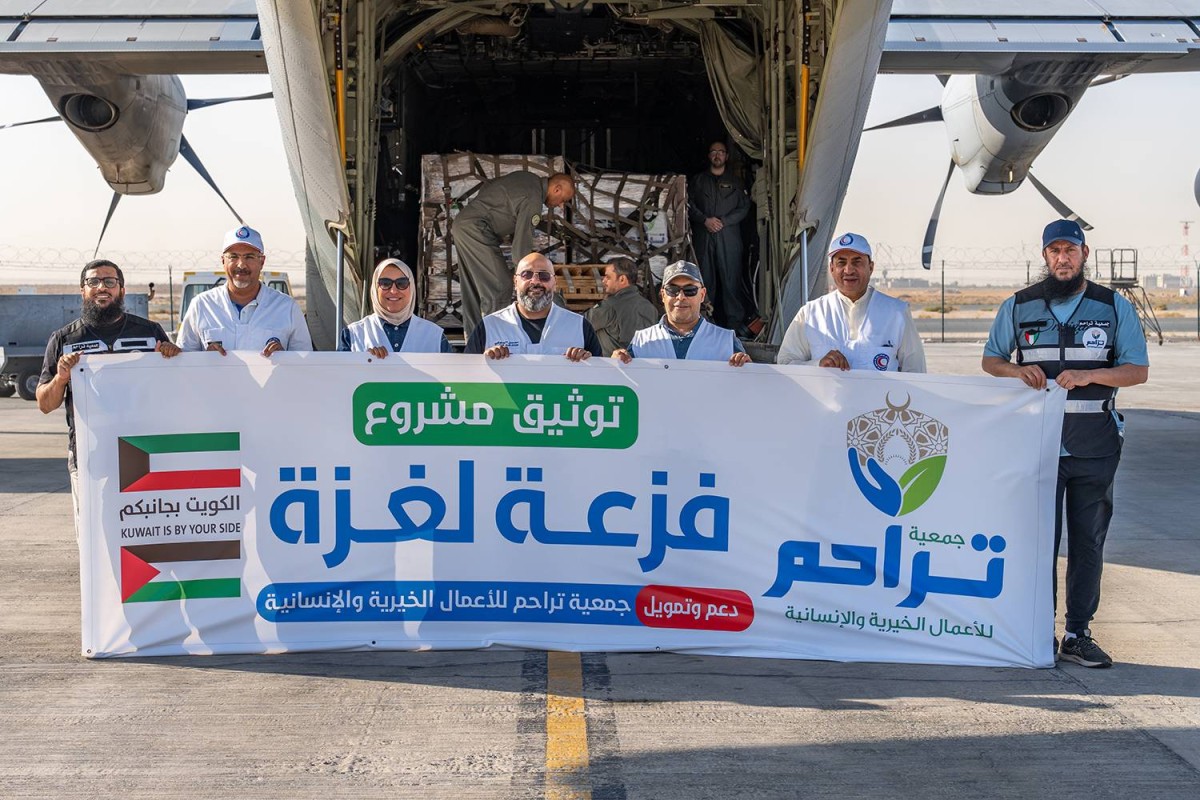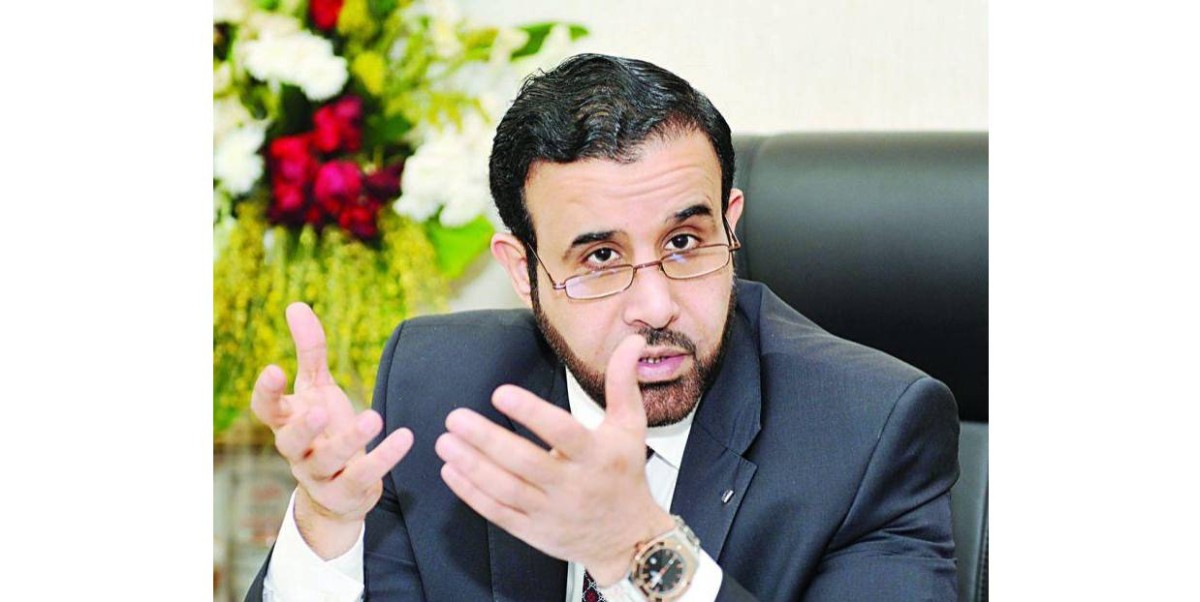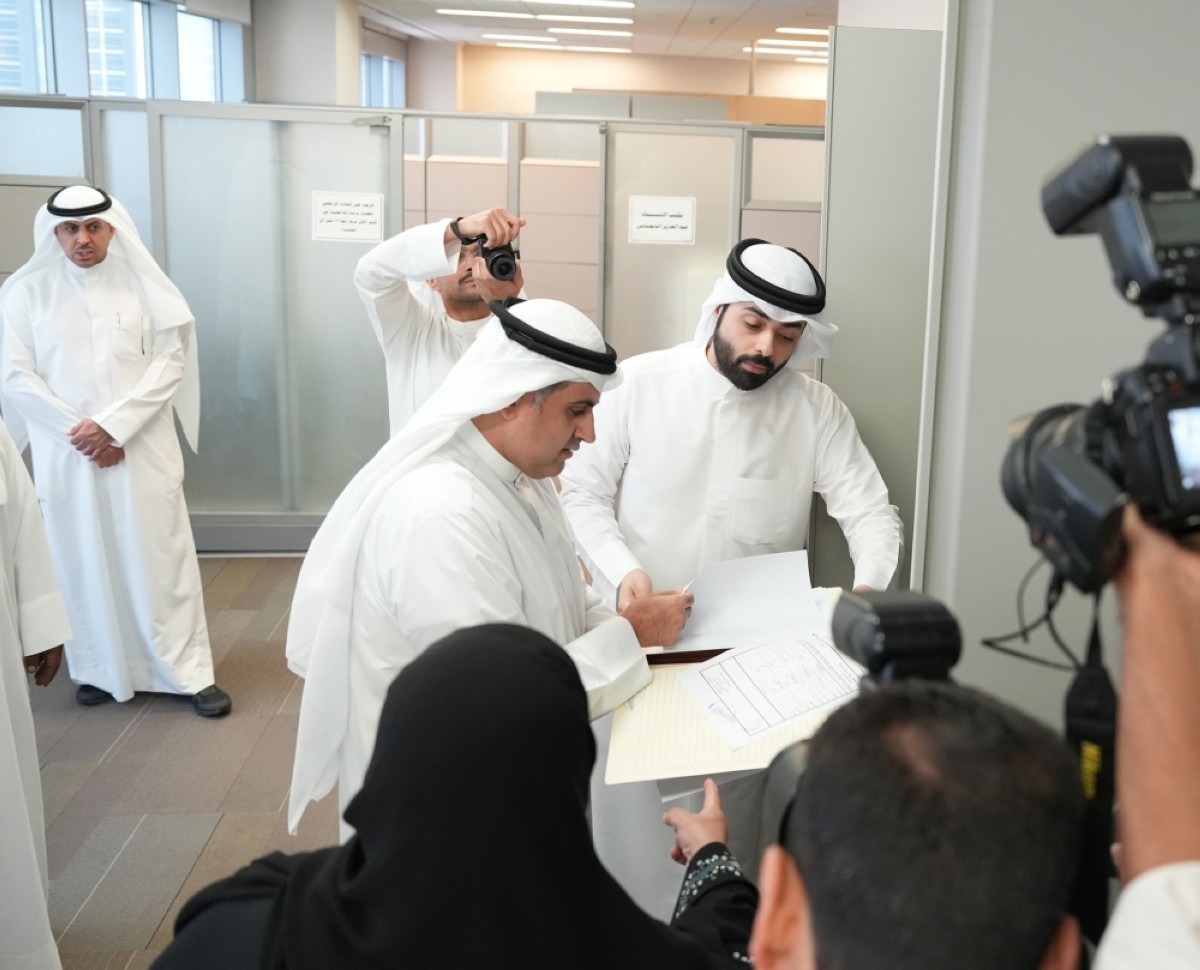KUWAIT: Minister of Justice Nasser Al-Sumait on Wednesday announced that Kuwait will soon launch the largest legislative development plan in its history, in cooperation with state agencies and civil society institutions. The initiative will harness digital technologies to enhance justice, streamline procedures, and ensure accessibility, efficiency, and continuity in the judicial system.
Speaking during an inspection tour of the Al-Raqqai Courts Complex, Al-Sumait said Kuwait has witnessed two previous “legislative renaissances” — the first between 1959 and 1965, when key laws such as the Nationality Law were enacted, and the second from 1978 to 1984, which produced landmark legislation including the Civil Code, Civil Procedure Code, and Personal Status Law.
He said eight working committees are now reviewing major laws, including the Economic Courts Law, Rent System Law, Owners’ Union Law, Penal Code, Criminal Procedures Law, and Labor Law. The reform effort also focuses on expanding dispute resolution mechanisms outside courtrooms through mediation, arbitration, and technological transformation. Al-Sumait revealed that the new Judicial Law has reached its final stages after being referred to the Fatwa and Legislation Department. “This law will serve as the gateway to the largest reform process of Kuwait’s judicial system, in line with the directives of His Highness the Amir Sheikh Meshal Al-Ahmad Al-Jaber Al-Sabah,” he said.
The minister noted that Kuwait currently has 983 laws in force. Since assuming office, he pledged to review 10 percent of them within a year but exceeded that goal, completing 118 laws (about 12 percent) in eight months. “We are now reviewing another 15 percent, aiming to reach 25 percent within the first year,” he added, praising the efforts of judges, prosecutors, academics, and legal institutions involved in the process.
Al-Sumait stressed that Kuwait has one of the highest ratios of judges globally, with 33 judges per 100,000 people compared to 5 in the US and 11 in China and the EU. Yet, he acknowledged the system faces a heavy caseload and outdated procedures, including power of attorney documentation, which are being addressed. On judicial appointments, Al-Sumait said the Kuwait Institute for Judicial and Legal Studies has been tasked with developing an electronic testing system for junior legal researcher positions — the gateway to becoming public prosecutors. The tests will be graded automatically, followed by personal interviews under judicial supervision to ensure transparency and fairness.
Regarding Kuwaitization of the judiciary, Al-Sumait said the rate stands at 77 percent and will rise to 80 percent by October 2025, 85 percent by 2026, and 90 percent by 2027, reaching full Kuwaitization by October 1, 2030. He expressed gratitude to foreign judges, particularly from Egypt, for their contributions, but stressed that nationalizing the judiciary is “a matter of utmost importance” and that Kuwaiti judges are fully capable of managing the system with efficiency and speed.- KUNA


 Politics16 hours ago
Politics16 hours ago
 Politics17 hours ago
Politics17 hours ago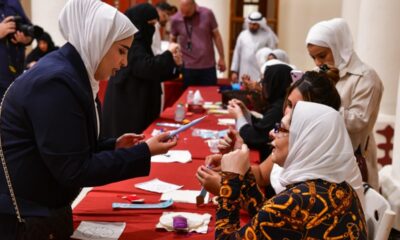
 Latest News21 hours ago
Latest News21 hours ago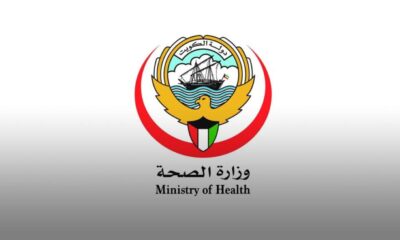
 Latest News17 hours ago
Latest News17 hours ago
 Latest News20 hours ago
Latest News20 hours ago
 Latest News16 hours ago
Latest News16 hours ago
 Business17 hours ago
Business17 hours ago
 Latest News14 hours ago
Latest News14 hours ago
